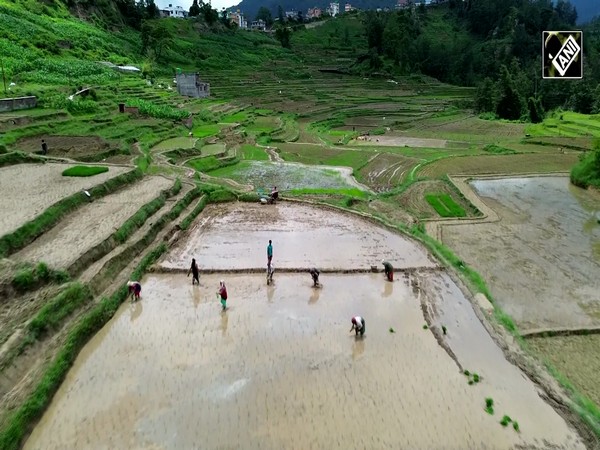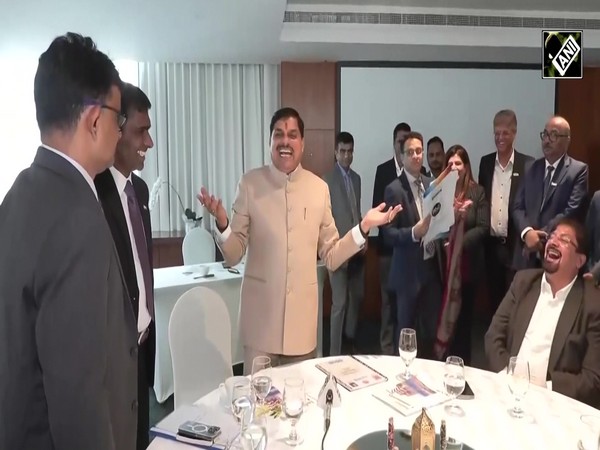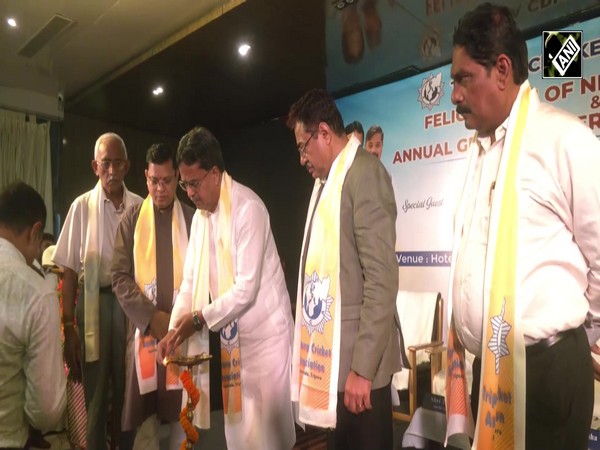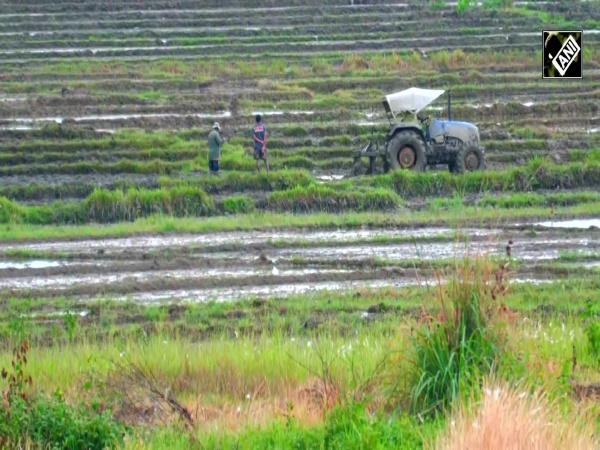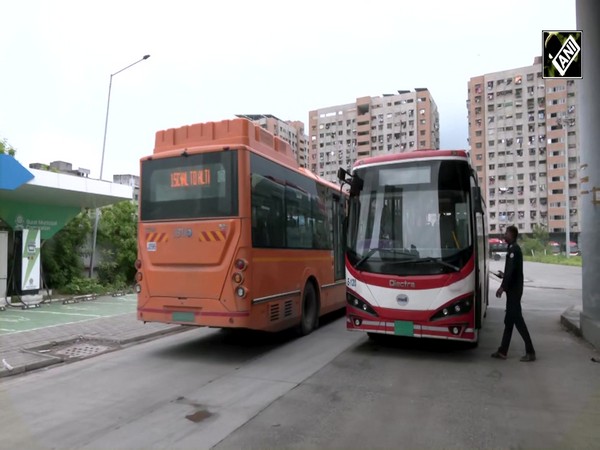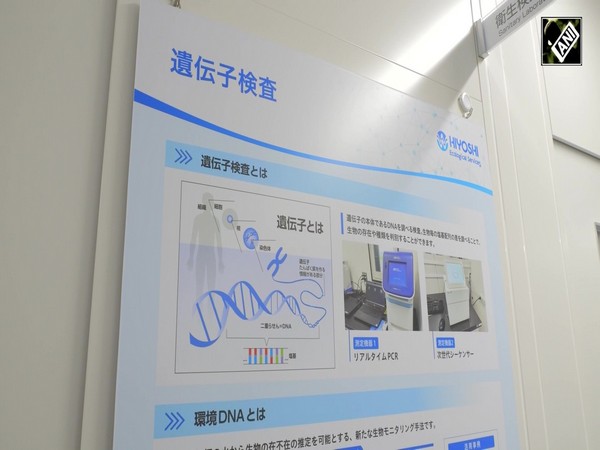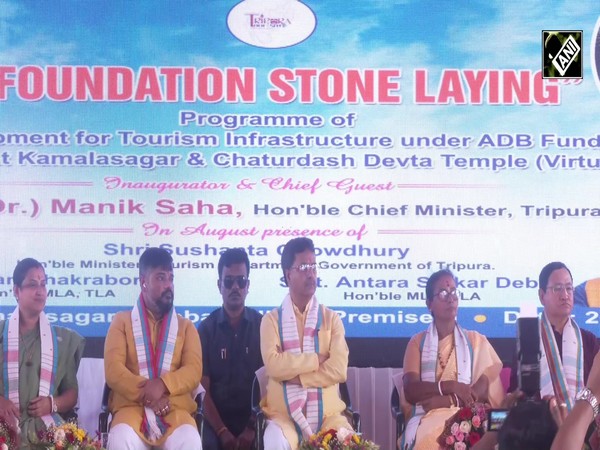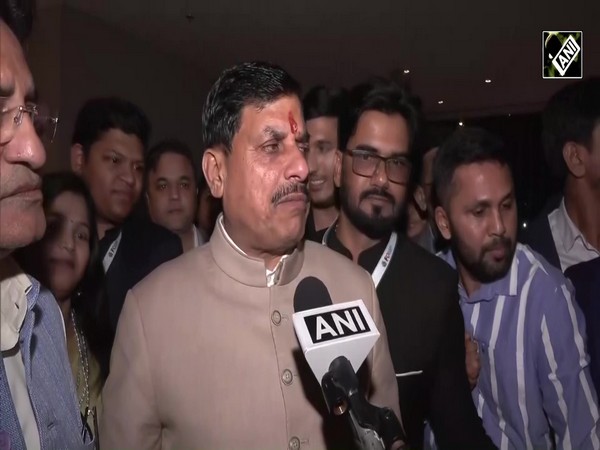India has data, demography, demand and democracy needed for high-tech highways: PM Modi
Dec 22, 2020

New Delhi [India], December 22 : In his address at the India International Science Festival (IISF) organised by the Ministry of Science and Technology, Prime Minister Narendra Modi on Tuesday said that India in the current age has data, demography, demand and most importantly, democracy for high-tech highways.
"India has data, demography, demand and most importantly, democracy for high-tech highways. The applications of digital technology has translated to internet facilities to the rural population and faster delivery of government services. India's considerable population is now connected with the mainstream through smartphones," PM Modi said through the virtual medium at the inauguration of IISF.
"To bolster the Digital India campaign, PM-WANI (Prime Minister Wireless Access Network Interface) scheme has also been initiated. In the public space, quality wi-fi connectivity will be possible for the common people and young scientists will benefit from this scheme," he added.
PM Modi further said that the new National Education Policy (NEP) will help bolster the scientific spirit amongst the students of schools and higher education institutions.
"India has a rich legacy in science, technology and innovation. Our scientists have done path-breaking research. Our tech industry is at the forefront of solving global problems," he said.
"But India wants to do more. We look at the past with pride but want an even better future. India is focusing on basics. To develop a scientific temper what could be a better time than childhood. The National Education Policy (NEP) which has come after three decades will foster the scientific spirit amongst students. The focus has shifted from outlays to outcomes, from textbook theory to research and application," he added.
PM Modi added: "NEP is also focusing on creating an environment to develop top-quality teachers in the country. This will help the upcoming scientists in achieving their objectives."
PM Modi elaborated on government schemes for improving the research and innovation environment in the country including Atal Innovation Mission, Atal Tinkering Labs and Atal Incubation Centres.
"In the education sector, the changes that have taken place are being complemented by Atal Innovation Mission. This mission is promoting enquiry, enterprise, innovation. Under this mission, Atal Tinkering Labs are being created in several schools across the country which are proving to be playgrounds of innovation," he said.
"The infrastructure of science is getting better in the schools of the country. In higher education, Atal Incubation Centres are being developed in the institutes across the country to promote research and development. Better engineering colleges are also being envisioned," he added.
PM Modi further said: "For quality research, government is running a PM Research Fellowship scheme. The target of this scheme is that the country's best talent should get facilities to research in their chosen fields. In all the IITs, IISERs, IISc, central universities and NITs this scheme is providing economic endowments to the students studying there."
"For providing assistance to students of the other recognised institutes and universities of the country, the scheme has been amended in the past 6-7 months," he added.
PM Modi said trust and collaboration are important to facilitate better research in the country.
"In the past few months, I have had discussions with many scientists. India had hosted Vaibhav summit in the recent past. Around 23,000 people took part in this summit. We focused on two things in this summit-- trust and collaboration," he said.
"All our efforts are aimed at making India the most trustworthy centre for scientific learning. At the same time, we want our scientific community to grow with the world community. No wonder, India has become very active in hosting and participating in hackathons. They are held in India and abroad. They give exposure and opportunities to our scientists," he added.
He said: "Science and technology are incomplete till the time its benefits and access are not possible for everyone. In the past six years, the applications of science and technology have been expanded for benefiting the youth and economically impoverished."
PM Modi said: "In our country, there are challenges like water scarcity, pollution, soil quality and food security. The modern solutions to these challenges are available with science. Just as we achieved success in the space sector, we have to achieve success in the deep-sea sector. The new Productivity-Linked Incentive Scheme is also focused on keeping science and technology at the forefront."
PM Modi spoke at length on the long-term challenge facing science such as attracting young talent into this domain and retaining them for the growth of the country.
"Currently, the biggest challenge facing science and technology is to develop a COVID-19 vaccine but the long term challenge that science faces is to attract high-quality youngsters and retain them. Often, the domain of technology and engineering seem more attractive to youth than pure science," he said.
"But for any country to develop, it needs science to empower it. As they say, what is called science today becomes the technology of tomorrow and engineering solution later. So, the cycle must start with attracting good talent in this domain. For this, the government has announced various scholarships but it needs a big outreach from within the science community as well," he added.
He said that the excitement surrounding the Chandrayan Mission last year shows the level of interest that the youth have in science and it needs to be bolstered.
"The excitement surrounding Chandrayan mission was a great starting point. We saw a lot of interest from youngsters. Our future scientists will come from there. All we need to do is to inspire them," he said.
"Around 2,000 years ago, the great Tamil poet and social reformer Thiruvalluvar ji had said 'In sandy soil, when deep you delve, you reach the springs below. The more you learn, the freer streams of wisdom flow'," he added.
He said: "The process of learning should never be allowed to stop. Science should impart energy to everyone."
India International Science Festival is being organised in New Delhi between December 22 and December 25.
It is noteworthy that December 22 is also celebrated as national Mathematics Day in honour of the great Indian mathematician Srinivasa Ramanujan who was born on this day.
The Ministry of Science and Technology spokesperson said that India International Science Festival was initiated in 2015. The concept of this festival was mooted by Dr Harsh Vardhan. The Ministry of Science and Technology, The Ministry of Earth Sciences and Vigyan Bharati are the bodies which cooperate to conduct this festival.
The Indian Council of Medical Research (ICMR) is also associated with the festival this year.
There will be 41 programmes conducted during this programme which will include seminars, debates and other events. Around 40 educational institutions will be associated with this festival this year, the Ministry of Science and Technology said.
The Ministry said that self-reliance will be stressed upon during the India International Science Festival events in the coming four days.








